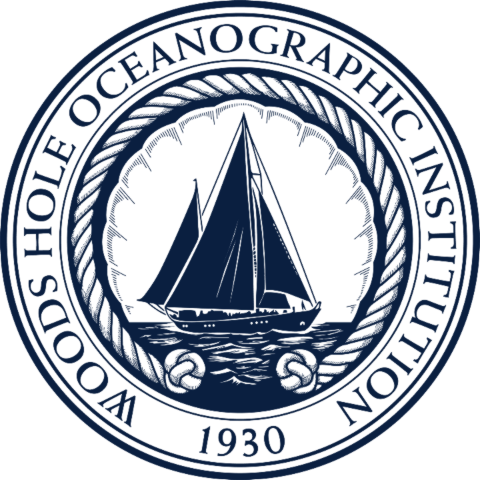
Woods Hole Oceanographic Institution is currently searching for a temporary relief Third Assistant Engineer to join the Ship Operations Department. This is a temporary, casual, non-exempt position, and is eligible for casual benefits.
Reporting to Chief Engineer, is responsible for the proper operation of the main propulsion and ship's service generators and, during watch, of the main engines; also supervises un-licensed watch stander.
All marine crew, including this position, must provide proof of COVID vaccination in order to begin your employment. The definition of “fully” vaccinated for purposes of shipboard personnel is the original double/single dose vaccination, depending on which vaccine was used (Pfizer, Moderna, or J&J), plus a booster and a period of two weeks after the booster. Boosters are mandatory if 6 months has lapsed since completing 2 dose series of Pfizer or Moderna, or 2 months since 1 dose of J+J.
Physical Capability | Example of Essential Function |
Balance | Work in confined and unstable areas. |
Bend, kneel, squat | Clean, maintain, and inspect equipment. |
Climb | Reach work areas, equipment and stores by ladder and stairs. |
Crawl | Crawl through bilge pockets, and under ladders and winch beds. |
Feel | Touch objects: where sight is limited. |
Finger | Manipulate nuts, bolts, tools, and cleaning gear. |
Handle | Handle equipment and stores with sure grip. |
Hear, talk | Communicate with people. |
Lift, carry | Load stores over 50 pounds. |
Push, pull | Move equipment over 50 pounds. |
Reach | Up, over, and under equipment and stores. |
See | Read labels, menus, logs, charts, and gauges in poor lighting. |
Sit | Operate crane, Avon, lifeboat, and life raft. |
Stand | Work on equipment. |
Walk | Perform rounds at sea. |
Write | Maintain logs. |
|
|
Work Condition | Example of Hazardous Area/Duty |
Confined areas | Store rooms, engine spaces, and tanks |
Potential allergens and irritants | Fuels, solvents, cleaners, dust, fumes, smoke, and gases |
Adverse weather | On deck in rough seas during equipment maintenance |
Extreme temperatures | On deck in tropics and high latitudes; in engine room |
Potential hazards | Being at sea; slippery and uneven surfaces; moving parts and objects; climbing ladders; and working aloft |
Noise | Constant and loud engine room noise, blowers, exhaust fans |
Schedule | Protracted and irregular working hours |
Vibrations | Ship's engines and chipping hammer |
Software Powered by iCIMS
www.icims.com